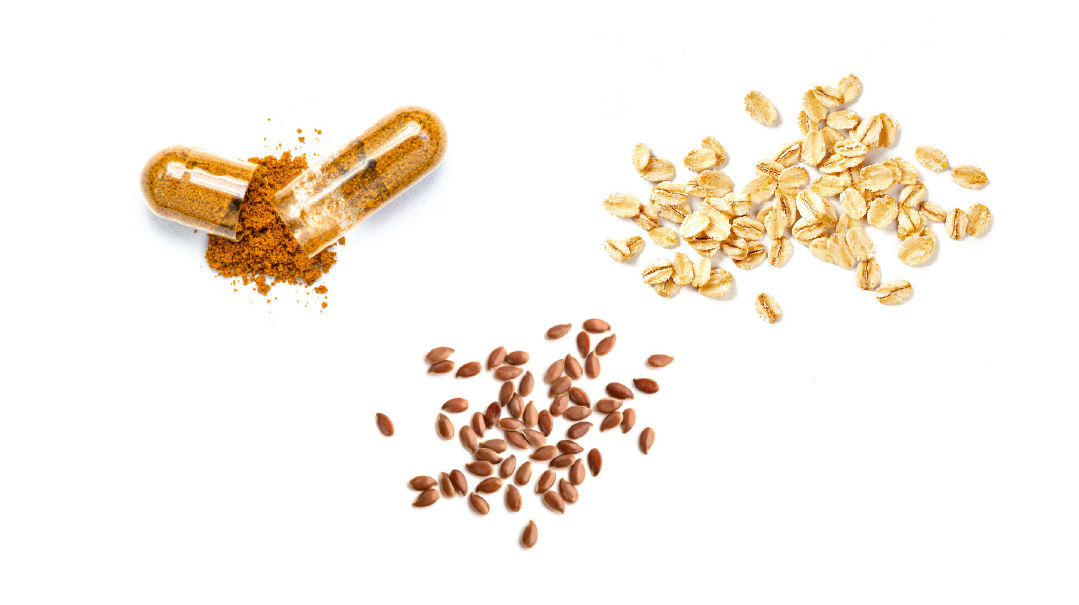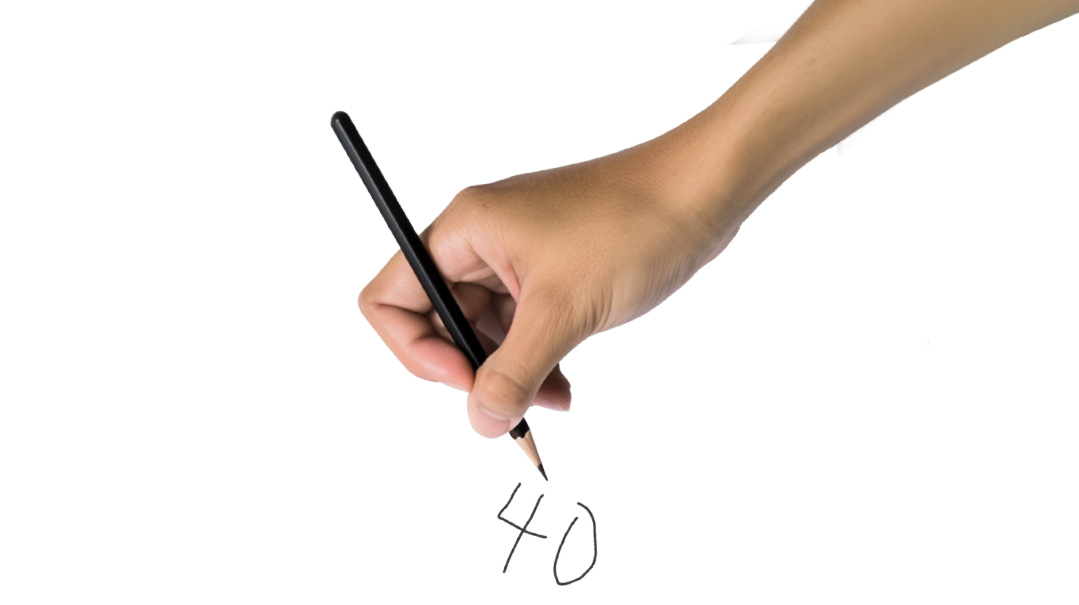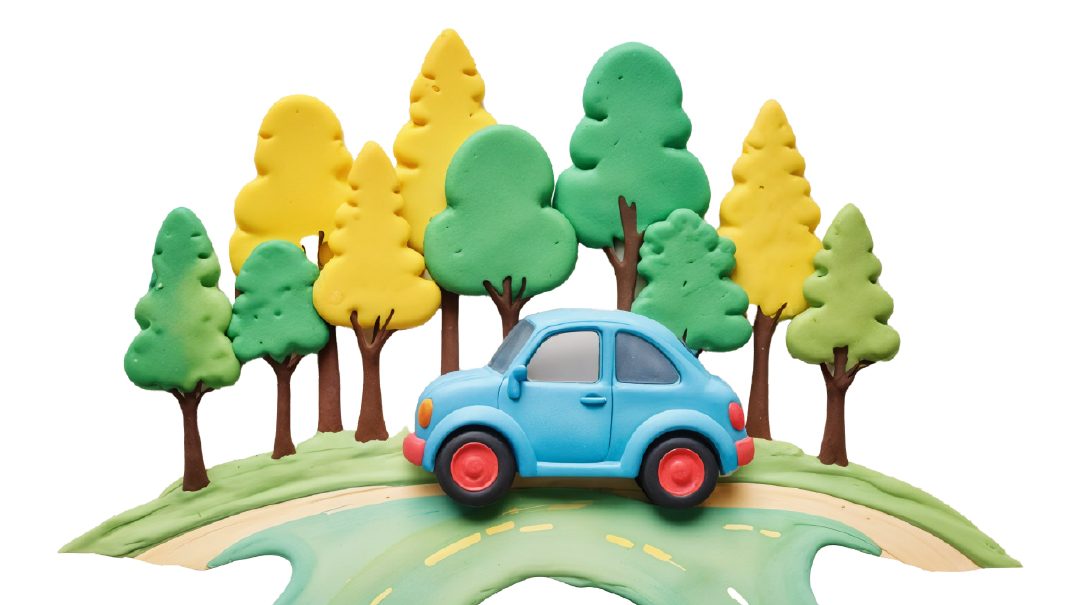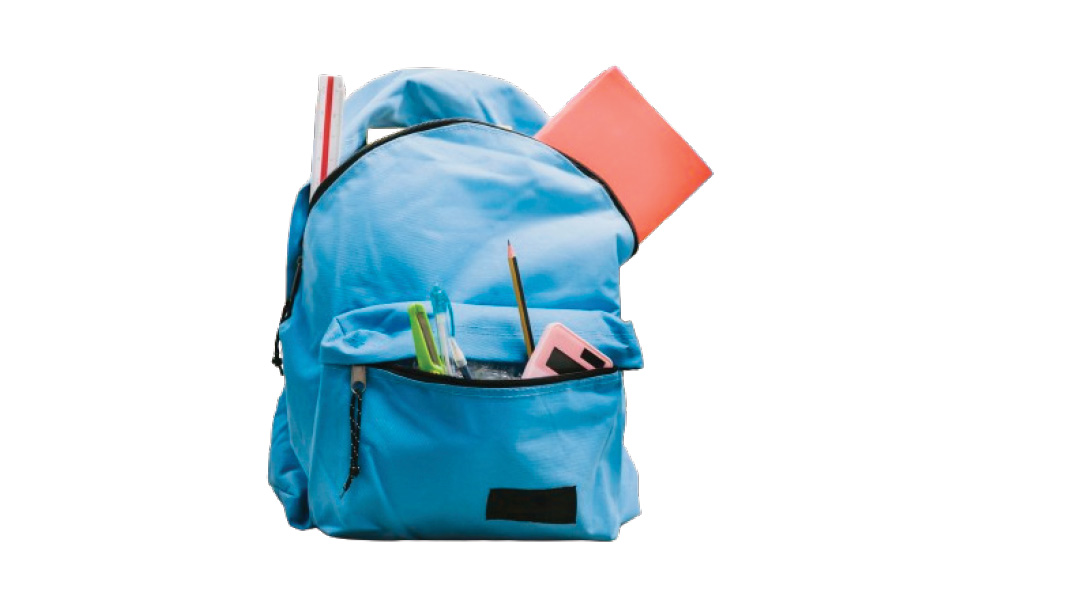The Way It Should Be

You remember last year, and the year before, when you’d pleaded: Please, may next year be different
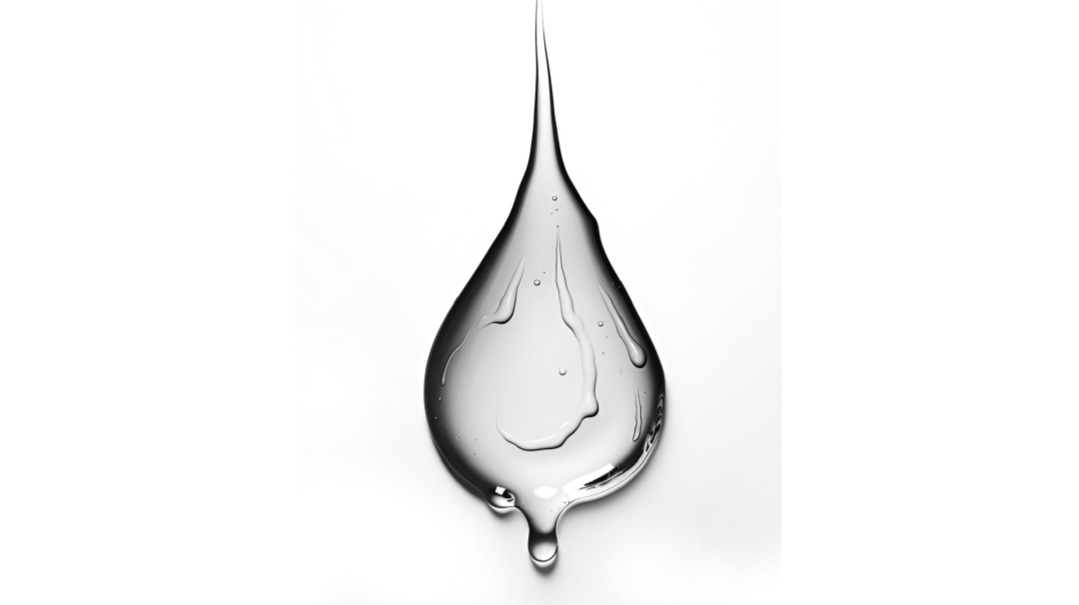
It’s that time of year again. Only this year, you’ve done nothing to prepare..
Not one shiur. Not one sefer. There’s been far too much going on, and suddenly, it’s Erev Yom Kippur, and you’re shocked at how it crept up. You realize you’ve even forgotten to do Tashlich and head off to the brook.
When you get home, it’s time to do kapparos. Taking down the Yom Kippur machzor is hard. You remember last year, and the year before, when you’d pleaded: Please, may next year be different. But here you are again. Same old place, same old person, same old machzor.
The day passes in a blur of speaking to others, wishing them a meaningful taanis, dropping off tzedakah, eating and drinking. It’s basically Yom Tov. You throw on some makeup, find a pair of shoes, go down for the seudah. Then, two candles herald a new day.
You arrive in shul with your mother and wend you way to your seat in the back left. Your heart shrivels as you see you have a new neighbor, an obvious newlywed, playing with her sheitel, staring at her rings. Of all the places in the shul, Hashem, why here, why me? Her machzor creaks as it opens; it’s pristinely white. You look back at your tear-stained interlinear and try to refocus. It’s Yom Kippur’s beginnings, full of potential.
The next day, you are the second at Shacharis. The other single and you exchange a small smile, then settle into your seats to begin the long haul. You cry at Shir Hamaalos, at Shema, and from the beginning of Shemoneh Esreh through the end. You feel so flawed and helpless and vulnerable between the challenges you’re facing and the knowledge that the past year has been one difficult mess. There’s an argument raging in your head about all the davening: Does it even matter? I’m going to do the same things again. Nothing I say seems to change anything, anyway. You ignore the voices and keep davening. Shacharis. Mussaf. Yaaleh v’yavo again and again, praying to be heard, seen, remembered. Minchah, and a sunset shines its way through the shul windows. And then it’s time. Ne’ilah.
Newlywed has moved to the other side of the shul. A girl with Down syndrome has arrived and taken the seat in front of you, her sister next to her. She takes out a large sheet of paper: What I did wrong in 5782. A list follows. You try to look away but see it anyway. Whoa. Shoplifting, injuring others, civil warnings, it’s all there. This is Dina, her sister tells you, turning around to say hello. She’s honoring us with her presence this Yom Kippur. You smile at Dina, and watch as she takes out another paper: Things to know about Hashem. And then you’re crying again as you read, “Hashem is in me, Hashem is near me, Hashem is watching me, Hashem loves me, I love Hashem…” All in that same childish handwriting from a girl who is far from a girl, but has graying hair and a simplicity that chokes you up. She finds the place, puts her finger on Ashrei, and you all begin. The rest of the shul fades into oblivion; it is you and Dina now. She who has far more to teach you about faith than you can her.
So you daven — she sitting down, you standing up. She sings in a croak, and a rasp, and you with perfect tune, but still, you are watching her. Yaaleh v’yavo comes, and this time you don’t just ponder, you feel it. You do see. You do hear. You do want. And here I am. The light outside wanes, the intensity inside strengthens, the people take it up a notch as the chazzan’s voice cracks. You’re no longer submerged in despair and hopelessness, fear and grief. You’re somewhere else, with Dina, and her G-d, not the punitive, distant one you’ve created. Bitterness melts away, word by word, line by line. You’re no longer crying from overwhelm, but from asking, begging, and wanting something different, something better. Spiritually, physically, emotionally. It’s still not like Ne’ilah in the old days, but it’s enough.
Avinu Malkeinu comes, and you look down at the page, covered in makeup from so many years past. You put it to your face and find the place inside you that was lost for far too long. You’re crying so hard, and then it’s time for Shema and Baruch Sheim and that moment you really love and really hate that means seven Heavens and up and down and close and far all at the same time. Hashem Hu Ha’Elokim, you say, and you know, for that one moment, exactly how life should be.
(Originally featured in Family First, Issue 861)
Oops! We could not locate your form.

